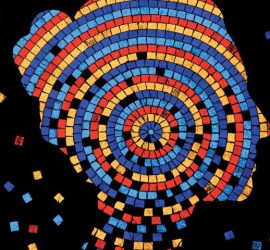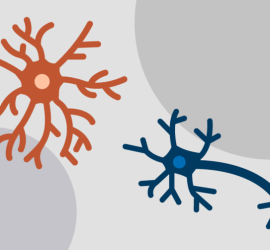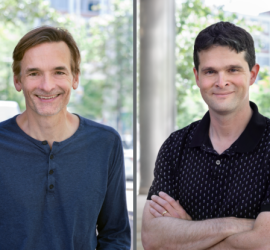Unraveling the genetic jumps that shaped skin and skin cancer risk
Nolan Kamitaki, a graduate student in the lab, uncovered how “jumping genes,” known as retrotransposons, have played a surprising role in shaping human traits. While genome-wide association studies identified genetic variation at the ASIP gene as a key player in skin pigmentation, the causal genetic variant remained elusive. We discovered […]



